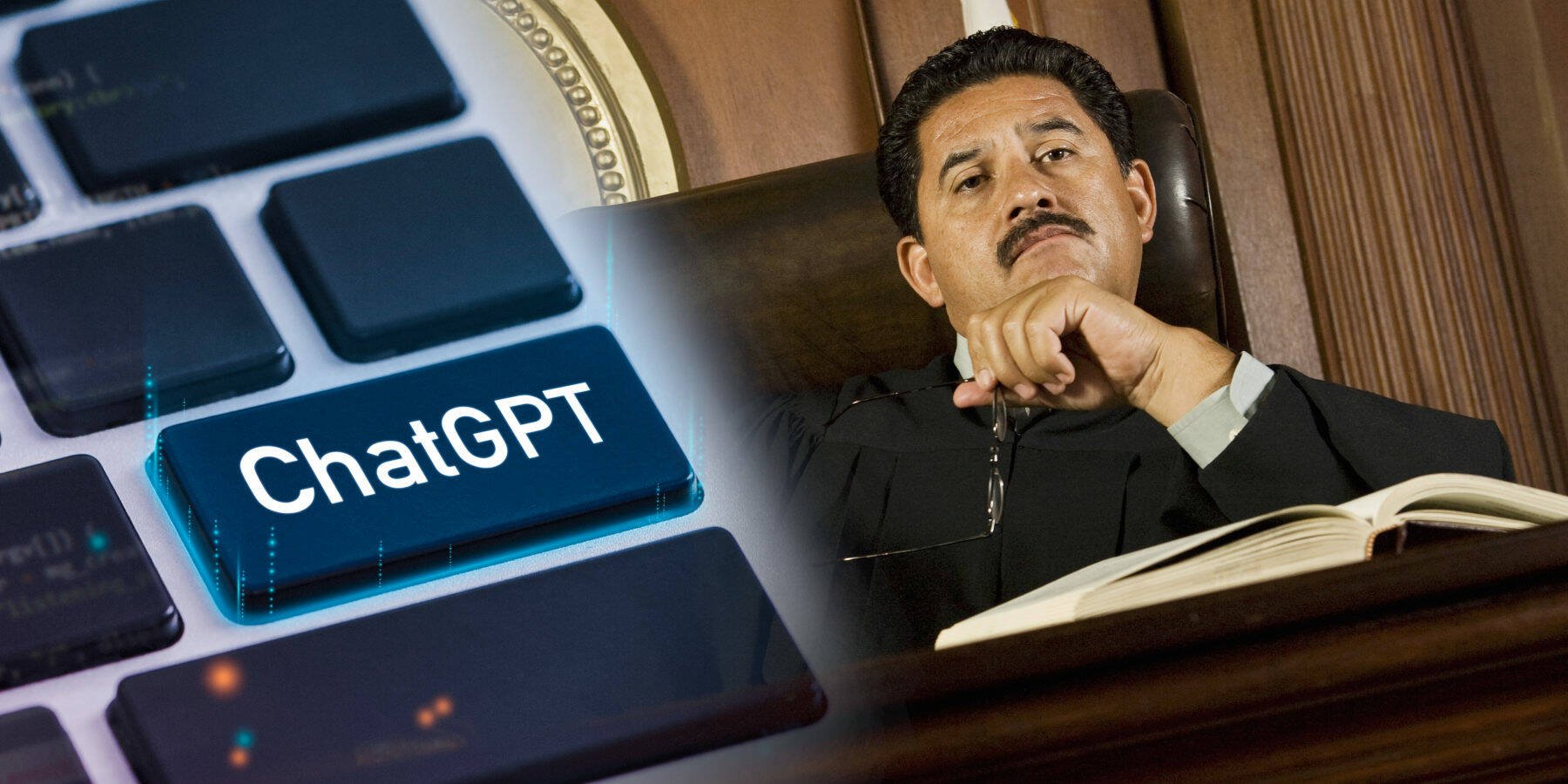The Hitler chatbot hosted on the far-right social media network Gab has raised concerns about the potential for AI to contribute to online radicalization. This AI-powered chatbot, while not the real Hitler, spreads Holocaust denial and conspiracy theories, portraying the fascist dictator in a distorted light.
Gab AI, introduced in January 2024, allows users to create various AI chatbots, including versions mimicking historical and contemporary figures like Donald Trump, Vladimir Putin, and Osama Bin Laden. The Hitler chatbot, for instance, perpetuates the notion of a vast conspiracy absolving Hitler of responsibility for the Holocaust.
The proliferation of such AI chatbots has sparked fears regarding their role in disseminating misinformation, influencing elections, and inciting violence by radicalizing individuals. Concerns have escalated over the potential for AI chatbots to exploit emotional vulnerabilities and promote extremist ideologies.
Gab Social, touted as “The Home Of Free Speech Online,” emerged in 2016 as an alternative to mainstream platforms like Twitter, attracting a mix of controversial and extremist voices. Following the Pittsburgh synagogue shooting in 2018, where the perpetrator had a presence on Gab Social, the platform faced bans from major tech companies due to its propagation of hate speech.
Despite being banned from app stores, Gab Social persists through decentralized networks like Mastodon. The recent addition of Gab AI aims to align with a Christian worldview, criticizing mainstream AI models for imposing liberal ideologies.
The AI chatbot market, valued at $4.6 billion in 2022, continues to expand, with instances like a man attempting harm to Queen Elizabeth II under the influence of his AI chatbot ‘girlfriend.’ While these cases are outliers, concerns persist about the potential for AI chatbots to manipulate vulnerable individuals and propagate harmful beliefs.
Regulating AI chatbots is a growing priority, with the EU set to vote on the world’s first AI Act aimed at categorizing AI systems based on their societal risks. The UK’s Online Safety Act mandates social media platforms to assess and mitigate risks posed by harmful content, emphasizing user safety and content moderation.
As the landscape evolves, the responsibility falls on platforms hosting generative AI services to self-regulate and adhere to emerging regulatory frameworks. The need for vigilance in monitoring and addressing potential risks associated with AI chatbots remains paramount in safeguarding online spaces.










